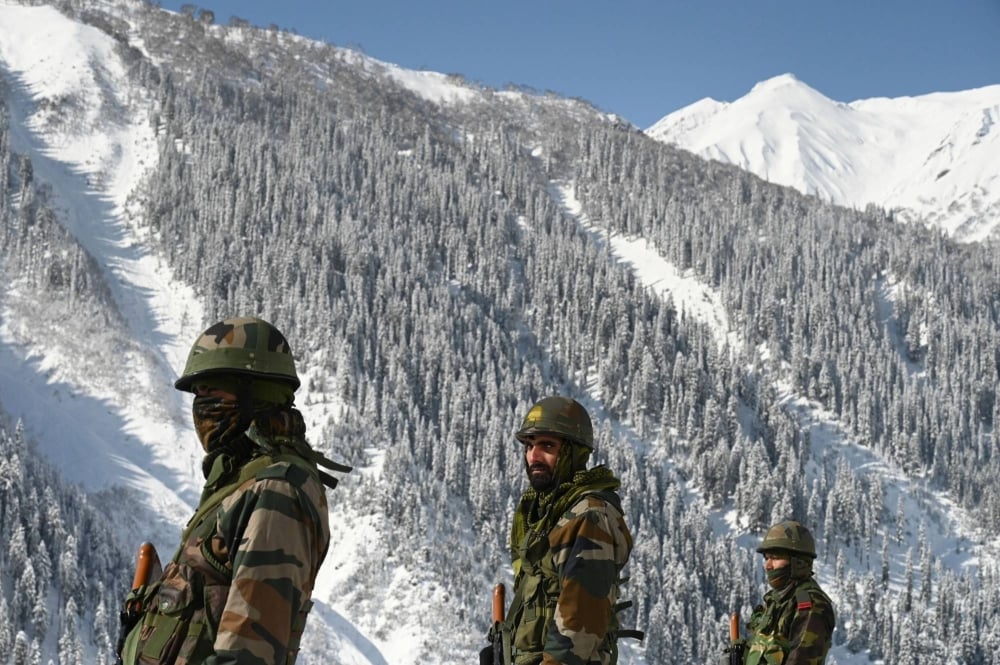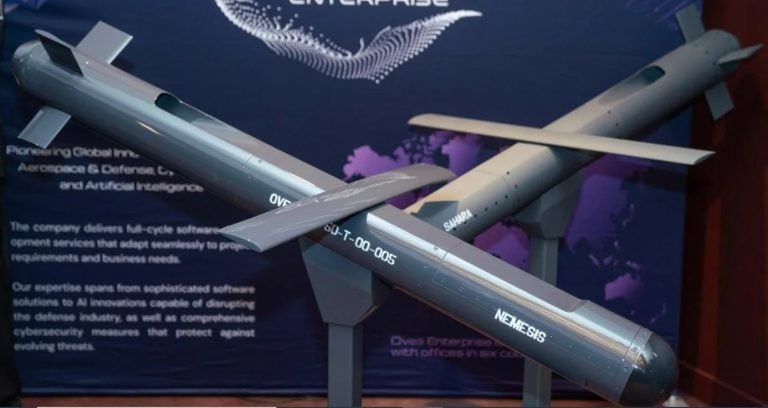Indian officials announced on Tuesday that a prominent Maoist rebel leader, Mallojula Venugopal Rao, also known as “Sonu,” has surrendered along with approximately 60 fighters. This development comes just weeks after the Maoists declared a temporary halt to their decades-long insurgency in a significant shift for the movement.
The surrender took place in the Gadchiroli region of Maharashtra, situated near the Chhattisgarh border. Rao has been affiliated with the Maoist movement since the 1980s and his return to the fold of law marks a milestone in India’s ongoing efforts to dismantle the Naxalite rebellion, which has persisted for nearly 60 years.
Chhattisgarh’s Deputy Chief Minister, Vijay Sharma, confirmed the surrender but did not disclose the names of the other individuals involved. He expressed a willingness to embrace those seeking to reintegrate into society, stating, “We will welcome all those who join the mainstream,” while simultaneously cautioning that those who resist will face consequences from armed forces.
The Communist Party of India (Maoist) had publicly announced in August, now acknowledged in September, its decision to suspend armed activities, attributing the shift to a “changed world order and national situation” in addition to ongoing appeals from the Indian government. This has raised questions about the movement’s direction and future.
The Indian government is committed to eradicating the Maoist presence, with plans set to eliminate the insurgency entirely by March 2026. The campaign has gained momentum in recent months as authorities have intensified their operations against the remaining factions of the Naxalite rebellion.
The conflict, which began in 1967 when a small group of villagers initiated an uprising against feudal landlords, has resulted in over 12,000 deaths among rebels, soldiers, and civilians. At its peak, the insurgency had an estimated 15,000 to 20,000 fighters and controlled nearly a third of India. However, government actions have significantly weakened the movement in recent years, leading to a re-evaluation by many within the ranks of the Maoists.







